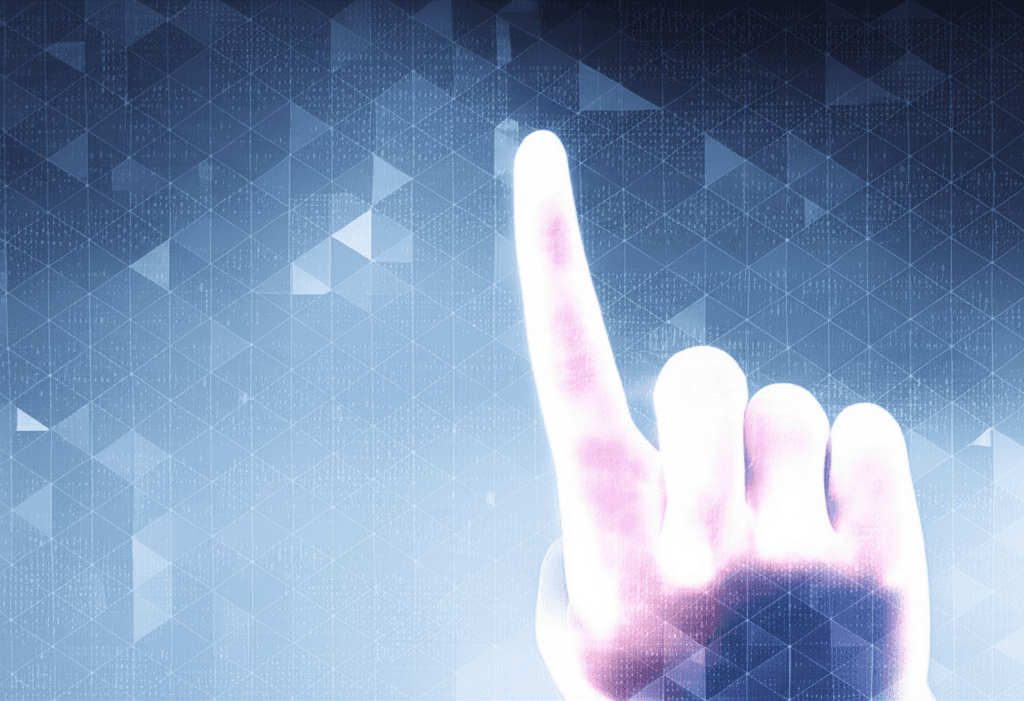Sam Altman: AI Flood Makes Authentic Human Content More Valuable
Sam Altman argues AI's proliferation will make authentic human creativity and unique vision more valuable than ever.
August 15, 2025

In an era increasingly saturated by artificial intelligence, OpenAI CEO Sam Altman has posited a future where the value of human-made content experiences a dramatic surge. As generative AI tools become more adept at creating text, images, and other media, Altman predicts a growing premium on authenticity and the verifiable touch of human intellect and emotion. This forecast arrives amidst a digital landscape grappling with the proliferation of machine-generated information, raising critical questions about the future of creative industries and the very definition of value in a world of near-infinite content. Altman's core argument rests on a classic economic principle: scarcity drives value. In a world where AI can produce content instantly and at minimal cost, genuine human creativity, curation, and endorsement become the scarce resources.[1] "My directional bet would be that human-created, human-endorsed, human-curated content all goes up in value dramatically," Altman stated, suggesting that as the internet becomes flooded with synthetic media, users will actively seek out sources they can trust.[1][2] This perspective reframes the narrative around AI from one of pure replacement to one of market recalibration, where the currency of the future is not just information, but verified human origin and experience.[3]
The discussion spurred by Altman's comments delves into the fundamental attributes that differentiate human creation from that of artificial intelligence. While AI models are trained on vast datasets of human work and can emulate style and form with increasing sophistication, they lack the lived experiences, emotional depth, and intentionality that are hallmarks of human expression.[4] Experts argue that these uniquely human qualities—the struggle, the nuance, the personal story behind a piece of work—are what create deep resonance with audiences.[5] Studies have indicated that while the public's acceptance of AI-generated art is growing, people consistently assign higher monetary value to pieces they believe were created by a human, even when they cannot distinguish between them.[6] This suggests an intrinsic appreciation for the human effort, imperfection, and vision embedded within a creation, qualities that AI cannot genuinely replicate.[5] This inherent difference is becoming a focal point for artists and creators who are adapting to the new technological landscape by emphasizing their personal process and vision as a key part of their work's value.[5]
The economic implications of this shift are multifaceted, presenting both significant challenges and new opportunities for the creative economy. Generative AI tools are undeniably powerful, capable of enhancing productivity, automating tedious tasks, and even acting as a collaborator in the creative process.[7][8] This democratization of creative tools allows more people to produce high-quality work, potentially leveling the playing field.[7] However, this accessibility also raises concerns about job displacement for certain creative roles and complex questions surrounding intellectual property, especially when AI models are trained on existing human-made content without consent.[1][7][9] The industry is now facing the imperative to develop new legal and ethical frameworks to address AI's role in art and media.[7][9] Altman himself has acknowledged the need for new economic models to navigate this transition, ensuring that creators are fairly compensated in a world where inspiration and style can be algorithmically replicated.[10] The future may see a bifurcation in the market: mass-produced, AI-driven content for everyday applications, and premium, human-centric content that commands higher prices for its authenticity and craftsmanship.
Ultimately, the conversation championed by Sam Altman points toward a future where technology and humanity find a new equilibrium. The rise of AI doesn't necessarily devalue creativity; instead, it forces a reevaluation of what we value about it. As AI takes over the generation of bulk content, the role of the human creator may evolve to focus more on direction, ethical judgment, and providing the unique vision that machines lack.[4] In a world saturated with AI-generated noise, the clear, authentic signal of a human voice, a personal story, or a masterful piece of art may become more sought after and valuable than ever before.[3][11] The long-term impact on the creative industries will depend on their ability to adapt, leveraging AI as a tool while simultaneously cultivating and marketing the irreplaceable value of human ingenuity and connection.[5] The consensus growing among industry observers is that while AI will become the engine for scale and efficiency, the deeply human elements of creation will remain the ultimate benchmark of quality and worth.